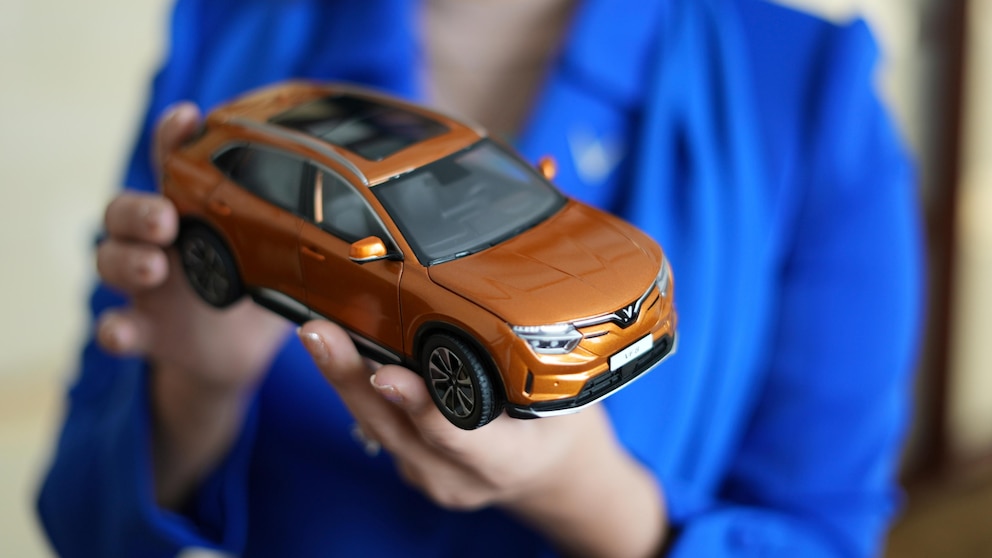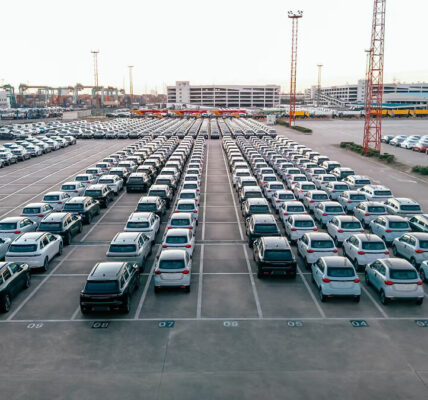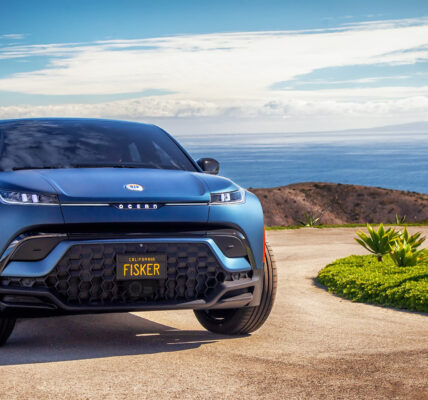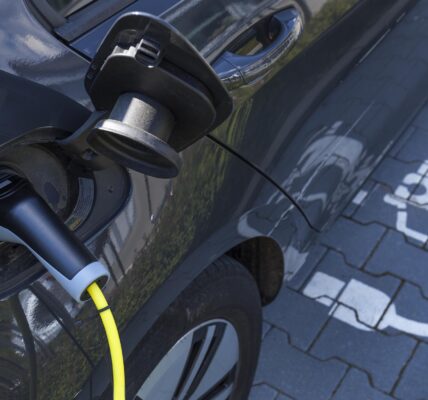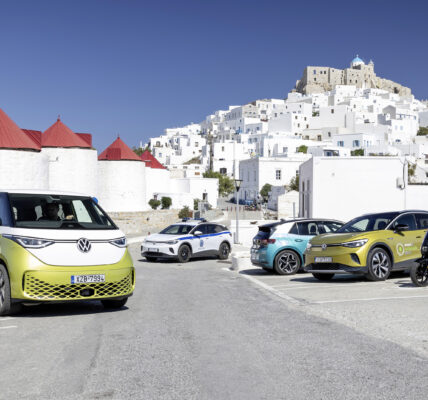Vietnamese automaker Vinfast plunged right into the crowded and hypercompetitive U.S. auto market, gambling that if it can sell its electric vehicles to finicky Americans, it can succeed anywhere. So far, that gamble has yet to pay off. Its CEO Le Thi Thu Thuy said in a recent interview with The Associated Press that the U.S. market is “difficult.” It has sold just 2,009 electric vehicles in the U.S., less than 1 per cent of total of total U.S. EV sales.
Worldwide, Vinfast sold just 19,562 EVs from April-September, well below its 2023 target of 50,000.But Vinfast is committed to riding the wave of countries trying to switch to EVs to cut emissions, Thuy said while speaking with The Associated Press at Vinfast’s sleek headquarters in Hanoi.
Prioritizing the U.S. market, despite its stringent regulations, tough scrutiny by the media, and opposition from Vinfast’s advisers was a deliberate decision, she said.”We wanted to go make our name in a very difficult market. Our rationale was very simple.
If we can make it there, I mean, people will believe in us,” Thuy said. “So it’s an approval stamp to some extent. But it is very difficult.”Vinfast is a part of Vingroup, a sprawling conglomerate that began as an instant noodle company in Ukraine in the 1990s. The company built its first car in 2019 in a seaside factory close to Haiphong, where engineers monitor screens as gleaming metal sheets are expertly snatched by robotic arms and pressed to make frames, doors and other parts that are welded, assembled and painted before the vehicles are tested.
In mid-August, Vinfast listed its shares on the Nasdaq, seeing them more than double in value to a peak of USD 82.35 that briefly put its market value above those of General Motors Corp. and Ford Motor Co. in late August. They are now trading at about USD 5.70.But while investor enthusiasm cooled after an initial buying frenzy, the company is committed to the U.S. market: it is building a USD 4 billion EV factory southwest of Raleigh, North Carolina, where production is planned to begin next year.Later this year, Vinfast plans to begin delivering EVs in Europe, Thuy said. It also is targeting markets in Southeast Asia, India and the Middle East, investing USD 400 million in electric vehicle factories in India and Indonesia. It aims to have a presence in 50 markets worldwide by 2024.Vinfast is part of Vingroup, whose founder Pham Nhat Vuong became Vietnam’s richest man as the group’s revenue ballooned more than 50-fold in 2011-2022 to over USD 5.5 billion.
The automaker’s ambitions dovetail with communist-ruled Vietnam’s plan to make the auto industry a backbone of the economy: its tree-lined EV factory was built in less than two years by reclaiming 335 hectares of land from the sea. For now, it’s using only a fraction of its capacity to roll out 250,000 EVs a year.
Vingroup’s backing “helps immensely,” said Matthew Degen, a senior editor at Kelley Blue Book, an American car research company. The question is whether Vuong has the “stomach to go possibly years and years” losing money before Vinfast eventually becomes profitable.
Vinfast quickly abandoned a plan to sell EVs directly to customers like Tesla does and now is focused on working with dealers in the U.S. and Can


